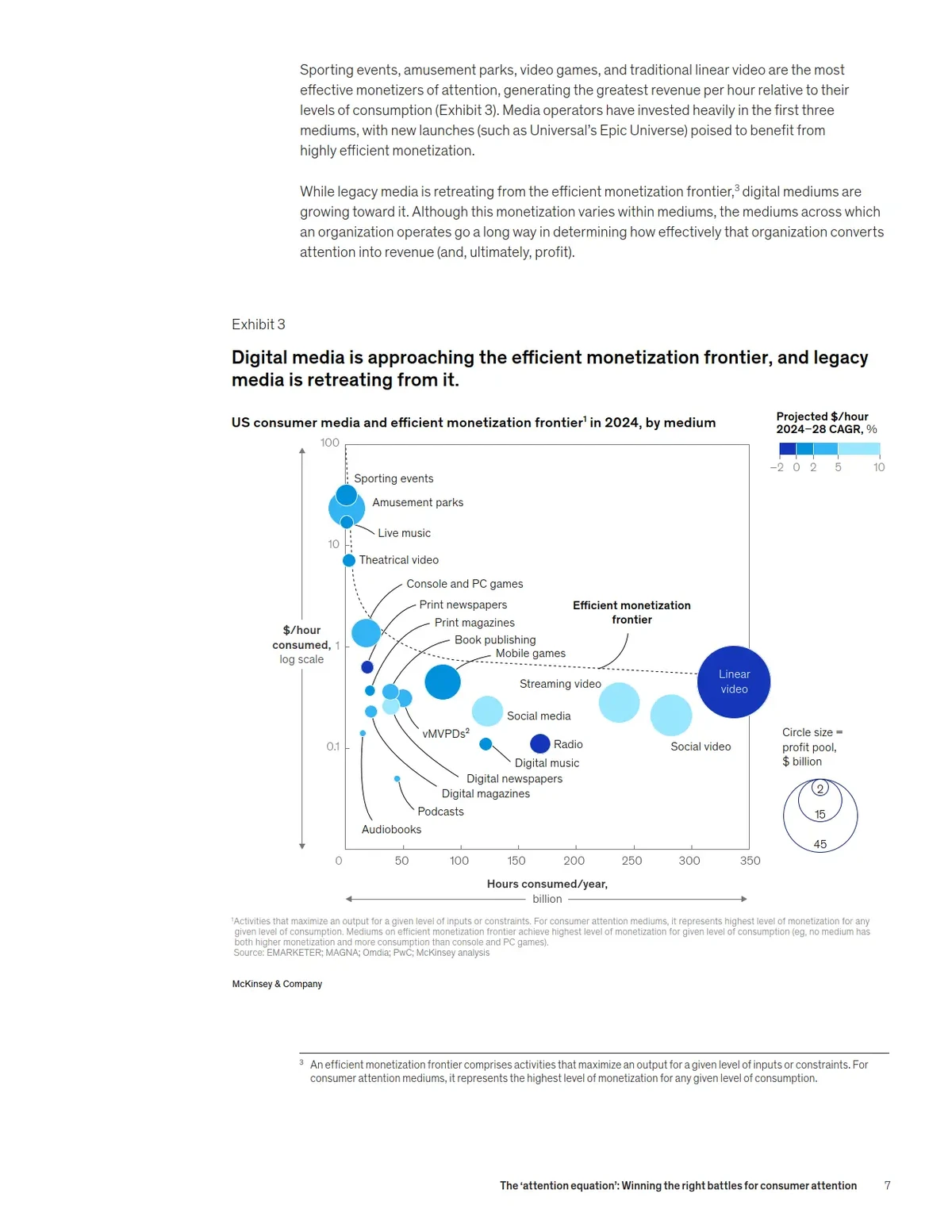
DMA Benefits for Hedge Funds
Direct Market Access (DMA) has transformed the way hedge funds execute trades, offering a combination of speed, transparency, and cost efficiency that traditional broker-mediated models cannot match. As institutional investors increasingly compete in high-frequency and algorithm-driven markets, understanding the DMA benefits for hedge funds is critical to optimizing performance, reducing slippage, and enhancing execution strategies.
This comprehensive guide explores the role of DMA in hedge fund operations, compares different implementation strategies, and highlights best practices for maximizing its value.
What is Direct Market Access (DMA)?
Core Definition
DMA allows hedge funds and other institutional investors to place buy and sell orders directly on an exchange’s order book without relying on intermediaries. This bypasses broker-driven execution, enabling faster access to liquidity and tighter control over order management.
How DMA Differs from Traditional Execution
- Traditional Execution: Hedge funds place orders through brokers, who then route them to exchanges or liquidity providers.
- DMA Execution: Orders flow directly from the hedge fund’s trading system to the exchange order book, minimizing latency and intermediaries.
This distinction is why many institutional players consider DMA a vital upgrade in modern trading infrastructure.
DMA streamlines execution by reducing intermediary steps.
Key DMA Benefits for Hedge Funds
1. Speed and Latency Reduction
Hedge funds thrive on speed. With DMA, orders reach the exchange in microseconds, allowing traders to capitalize on fleeting opportunities in equities, futures, and FX markets.
- Advantage: Enhanced ability to participate in arbitrage and high-frequency trading.
- Risk: Requires advanced infrastructure and monitoring to avoid technological breakdowns.
2. Transparency and Control
DMA provides full visibility into the exchange’s order book. Hedge funds can see real-time depth of market (DOM) and position their trades accordingly.
- Advantage: Better decision-making with granular control over order placement.
- Risk: Overexposure to visible liquidity may attract predatory trading strategies.
3. Lower Transaction Costs
By bypassing brokers, hedge funds reduce fees tied to order handling. While exchanges still charge access and regulatory fees, the absence of intermediary commissions can meaningfully lower execution costs.
4. Advanced Algorithmic Execution
DMA integrates seamlessly with hedge fund trading algorithms, enabling custom-built strategies for arbitrage, market making, or statistical trading. This aligns with insights on how does DMA work in algorithmic trading, where execution precision can be the difference between profitability and loss.
5. Access to Multiple Markets
DMA solutions often provide multi-asset access—equities, derivatives, and foreign exchange—on a single platform. For global hedge funds, this is a critical advantage.
Comparing DMA Strategies for Hedge Funds
Strategy 1: Sponsored Access DMA
Hedge funds gain DMA through a sponsoring broker who provides infrastructure access but minimal oversight.
- Pros: Faster execution, direct control, lower cost than traditional broker routes.
- Cons: Higher compliance and risk responsibility on the hedge fund’s side.
Strategy 2: Broker-Managed DMA
Here, DMA is offered via a broker’s platform, with execution handled by the hedge fund but infrastructure managed by the broker.
- Pros: Reduced operational burden, integrated compliance checks, lower technological risk.
- Cons: Slightly higher costs, limited flexibility in execution.
Choosing the right DMA setup depends on the hedge fund’s infrastructure, strategy, and regulatory tolerance.
Risks and Challenges of DMA for Hedge Funds
- Technology Dependency
DMA requires robust infrastructure. Latency, downtime, or connectivity failures can lead to missed opportunities or losses.
- Regulatory Oversight
Because DMA allows hedge funds to place orders directly into exchange systems, regulators impose stringent compliance checks to prevent market abuse.
- Operational Complexity
Managing DMA connections demands skilled IT, cybersecurity, and trading operations teams. Smaller hedge funds may find these requirements resource-intensive.
Integrating DMA into Hedge Fund Strategies
DMA for Quantitative Trading
Quantitative hedge funds use DMA to feed trading algorithms with real-time data, executing trades within milliseconds. This precision is essential for models that rely on statistical arbitrage or high-frequency trading.
DMA in Trade Execution Optimization
By controlling how and when orders are placed, hedge funds can minimize slippage and improve execution quality. Many firms rely on where DMA fits in trading algorithms to ensure alignment between strategy design and execution efficiency.
DMA and Risk Management
DMA provides hedge funds with granular order control, helping them manage market exposure and avoid excessive transaction costs. Combining DMA with pre-trade risk checks ensures compliance and safeguards against operational risk.
Industry Trends: The Future of DMA in Hedge Funds
- Cloud-Based DMA
More hedge funds are adopting cloud-native DMA platforms for scalability, cost efficiency, and global accessibility.
- Integration with AI
Artificial intelligence is enhancing DMA algorithms, allowing hedge funds to predict liquidity patterns and optimize order placement dynamically.
- Cross-Asset DMA Solutions
Vendors now offer consolidated DMA platforms spanning equities, fixed income, FX, and digital assets.
FAQ: DMA Benefits for Hedge Funds
1. Why use DMA in trading strategies?
DMA enhances execution speed, transparency, and cost efficiency. For hedge funds deploying quantitative and high-frequency st